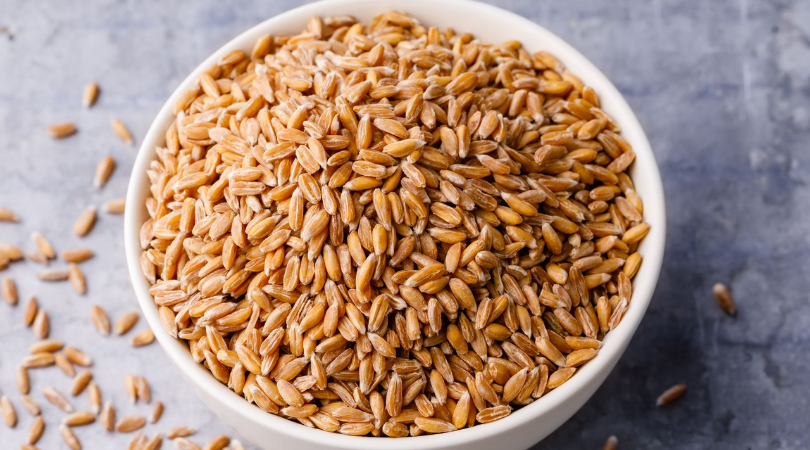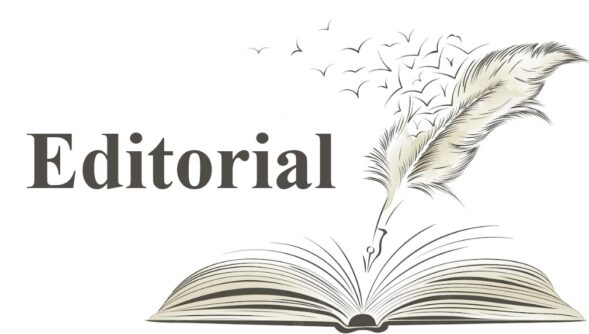
In what appeared to be a sudden move, the Indian government prohibited the export of wheat on May 13. This appeared to be totally out of sync with India’s policy of goodwill and outreach through liberal relief and support measures in Prime Minister Narendra Modi’s tenure, so far.
Given the food crisis in Sri Lanka and the ongoing war between Russia and Ukraine, the importance of wheat and food grains, in general, has already been a part of public discussions. Union agriculture ministry officials explained that the step was taken because of the rising wheat prices in the domestic market.
Closer scrutiny revealed that the government has fixed Rs 2,015 per quintal as the Minimum Support Price (MSP) for wheat for the current fiscal, more than Rs 40 per quintal up from the previous year. Government officials also revealed that the condition for procurement of wheat is also being relaxed to ramp up stocks. But India’s wheat export ban has become a global issue in less than a week. Now, it seems the next war could well be on wheat.
After the government announced a ban on the export of this staple food grain, the prices began to soften in the domestic market and fell by Rs 200 per quintal in three days. However, the prices in the international market touched a record high.
In Europe, it rose by six per cent in three days. The wheat futures at leading commodity exchanges also shot up, meaning, going forward, the grain is going to remain costly after a few months from now.
That’s an alarming situation given the sanctions on Russian exports and Ukraine’s inability to ship the wheat it has in the stocks due to the war. In what can be a provocative measure, Canada has offered to ship Ukrainian wheat through the Romanian ports.
The Group of Seven (Go7) nations that include Canada, France, Germany, Italy, Japan, the UK, and the US have flayed India’s decision and asked the country to reconsider the ban.
Modi government’s realisation that wheat is going to become a commodity of strategic importance in the unfolding international crisis came during his recent Europe visit.
While Modi was talking with European leaders on the Russia-Ukraine war as to how and when it will stop, the European leaders were invariably bringing up the food supply issues, some asking him to help African countries.
Back home, wheat prices had crossed the acceptable threshold and the middle-class budget-sensitive population had already started talking about rising food prices and inflation. On review, it was found that traders, anticipating a price hike in the international market, had started hoarding wheat right after the Russia-Ukraine war broke out. Now, the supply situation had become tight, fuelling a hike in price.
Even the production of wheat that the government had estimated to be 11 million tonnes had fallen short of the target. As the food crisis is slowly engulfing more regions, it is expected that if the supply situation doesn’t change, that is if the war doesn’t stop and wheat supply gets back to normal, a large part of the world would be reeling under a severe food crisis, the kind of situation we’re witnessing in Sri Lanka, right now.
Even if the war stops and the sanctions on Russia stay as it is, the food crisis is unlikely to improve. Moreover, after all the war effort so far, if the sanctions are not lifted, Russia has little incentive to stop the war offensive.
The sudden export ban on wheat caught the cargo that was already in different stages of shipment totally off guard. Kandla Port in Kutch, Gujarat, and Syama Prasad Mookerjee Port in Kolkata had chaos unleashed due to thousands of trucks laden with wheat not being able to unload and return, and cargo ships with wheat consignments with no clearance to sail.
After the media highlighted the chaos, the government relaxed the ban to allow the wheat shipments cleared before the ban to sail. And, India has said that it will honour all the contracts for wheat export that it has signed with other countries but won’t export beyond the contractual obligations at the cost of its food security.
However, G7 consultations are currently on and will lead to a summit next month in Germany. Indian Prime Narendra Modi is expected to participate in this meeting. Given the war and the looming food crisis, India’s role as a soft power will be in for a test.
The matter becomes a little complicated for India because of the Chinese stand on this issue. In an article, the Chinese government-controlled Global Times has supported India’s stand to stop wheat export. “Although India is the second-largest wheat producer in the world, it accounts for only a small part of global wheat exports.
By contrast, some developed economies, including the US, Canada, the EU, and Australia, are among major exporters of wheat,” it added. The Global Times is pitching for a higher export volume of wheat by the developed world.
In extension, it also brings into picture the sanction on Russia that forbids it to supply wheat to the international market.
Clearly, wheat is the top global agenda today. And, it’s likely to become even more important in the next few months. IPA Service





